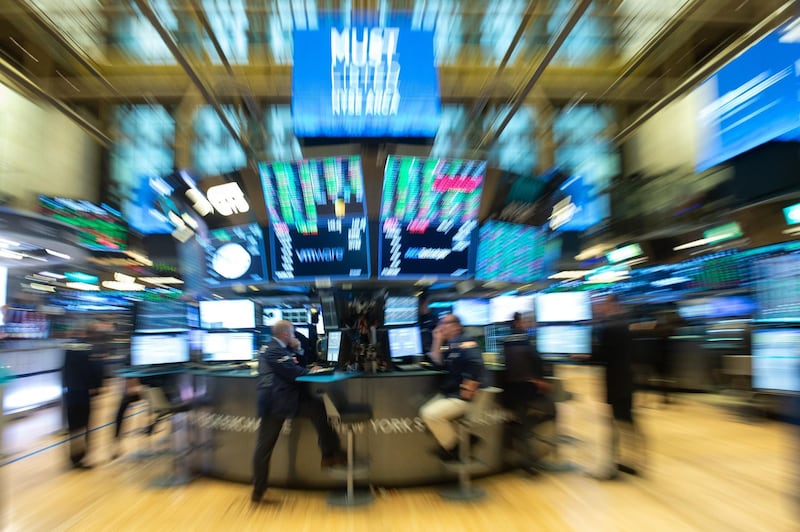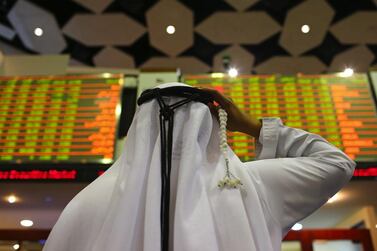UPDATE:
The S&P 500 Index extended its drop from a record to about 5 per cent, the fastest slide from a peak since January 2018, while the Dow Jones Industrial Average plunged 500 points. The broader measure was down for six straight days, mired in the longest losing streak since October. The Cboe Volatility Index, known as the market’s “fear gauge” surged 23 per cent. The 10-year Treasury yield tumbled to as low as 1.74 per cent, close to completely erasing the surge that followed President Donald Trump’s 2016 election.
Demand for haven assets spiked on concern the conflict between the world’s two biggest economies will weigh on global growth. The Japanese yen rallied while gold made a run toward $1,500 an ounce. Equities took another leg down after a gauge of US service industries declined in July to an almost three-year low. Bitcoin traded near $11,800, with strong demand from China.
“The trade war is now intensifying and it’s possible that a currency war will start as well,” said Chris Zaccarelli, chief investment officer for Independent Advisor Alliance. “Neither is good for the global economy and both will hurt equity markets.”
US stocks opened lower on Monday, extending a sell-off from last week, weighed down by a drop in technology shares and as China's yuan hit its lowest in more than a decade on escalating US-China trade concerns, according to Reuters.
The Dow Jones Industrial Average fell 225.78 points, or 0.85 per cent, at the open to 26,259.23. The Nasdaq Composite dropped 180.74 points, or 2.26 per cent, to 7,823.33 at the opening bell.
The S&P 500 Index extended its slide into a sixth day - the longest losing streak since October - led by technology and consumer discretionary companies, Bloomberg reported. The gauge was set for its biggest decline in almost three months. China’s yuan plunged beyond 7 per dollar on speculation Beijing was allowing currency depreciation to counter President Donald Trump’s latest tariff threat. Benchmark 10-year Treasury yields dropped to their lowest since 2016 and gold rallied. Emerging-market equities sank.
Traders pushed down the value of risk assets on concern the conflict between the world’s two biggest economies will weigh on global growth. Equities took another leg down after Bloomberg reported that China has asked state purchasers to halt imports of American agricultural products. Mr Trump said the yuan slide is “called ‘currency manipulation”’ and indicated he’d like the Federal Reserve to act to counter the Chinese action. Swap contracts show bets the US central bank will ease by 100 basis points by December 2020, a quarter point more than what was priced in after last week’s cut.
“The market needs a circuit-breaker,” such as a more aggressive Federal Reserve or a resumption of US-China talks, said Jonathan Cavenagh, head of foreign-exchange strategy for emerging markets Asia at JP Morgan in Singapore. “If you see enough US equity-market weakness, if you see enough downward momentum in economic data, then both sides may come back to the negotiating table at some stage. But I don’t think that’s going to happen at least in the near term.”
Elsewhere, European bonds advanced as data showed economic activity in the eurozone’s private sector weakened further. Oil resumed its decline as a sharp drop in the Chinese yuan compounded fears that a deepening trade war will depress demand. Bitcoin climbed above the $11,000 level for the first time since mid-July.







